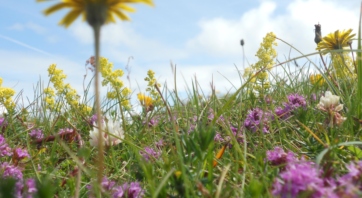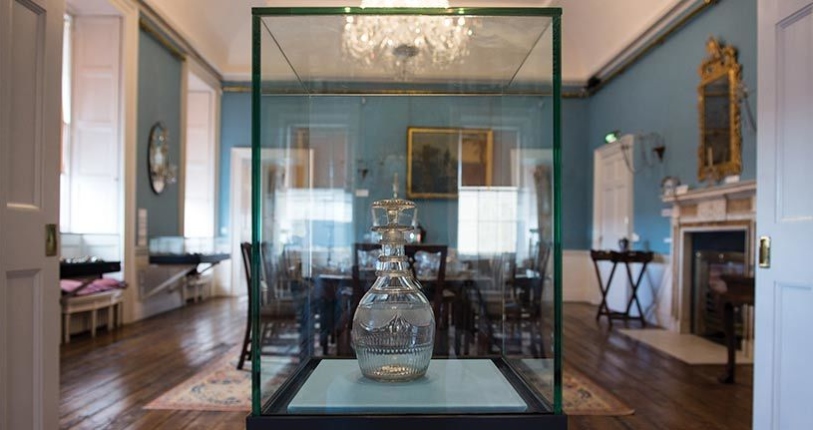A programme of training in all aspects of museum work forms an integral part of the Museum Standards Programme. It is only through a considered strategy of training and continuous professional development (CPD) that Irish museums will fulfil their potential to be at the heart of the social and cultural life of increasingly diverse communities.
Throughout the accreditation period all participants are encouraged to attend workshops on topics as diverse as Strategic Planning, Writing a Collection Policy, and Disaster Planning among others. These workshops are open to all museum staff whether engaged with the programme or not (although for logistical reasons if it is necessary to restrict numbers preference may be given to programme participants).
Accreditation is a phased process and when a museum meets Full Accreditation applicants will be expected to have undertaken training in all relevant matters relating to collections care, where required.
University of Ulster - Post Graduate Diploma in Museum Practice and Management
Significantly the Museums Standards Programme is complemented by a post-graduate training programme currently offered by the University of Ulster (on-line) and developed in partnership with the Heritage Council. This programme responds to the demand for increased training and research opportunities relating to museum practice and management. It relates the needs of Irish museums to best practice in the United Kingdom and internationally. For further information on the University of Ulster consult: http://www.ulster.ac.uk/
Further information on the Post Graduate Diploma in Museum Practice and Management
Training Bursaries
The Heritage Council will consider the provision of bursaries for UU on-line course to support the raising of standards across the Irish Museum sector. In keeping, with its standard practice, the Heritage Council will fund no more than 75% of any one module or three out of four modules
Please note: Bursaries are only available to staff or in some cases volunteers of MSPI participants. Applicants must complete a bursary application form and submit it to the Heritage Council in advance of commencement of each module to (re)confirm eligibility and availability of a bursary towards the cost of the module. The form must be signed by the applicant's Director/Manager.
For further information please contact Lesley-Ann Hayden, MSPI Coordinator lahayden@heritagecouncil.ie



